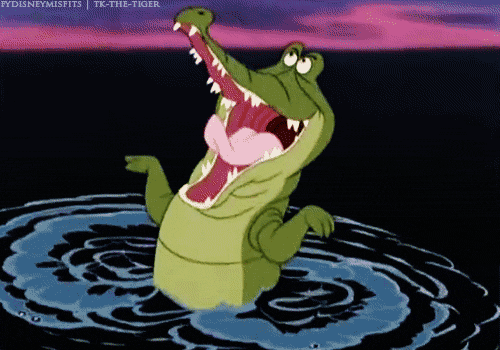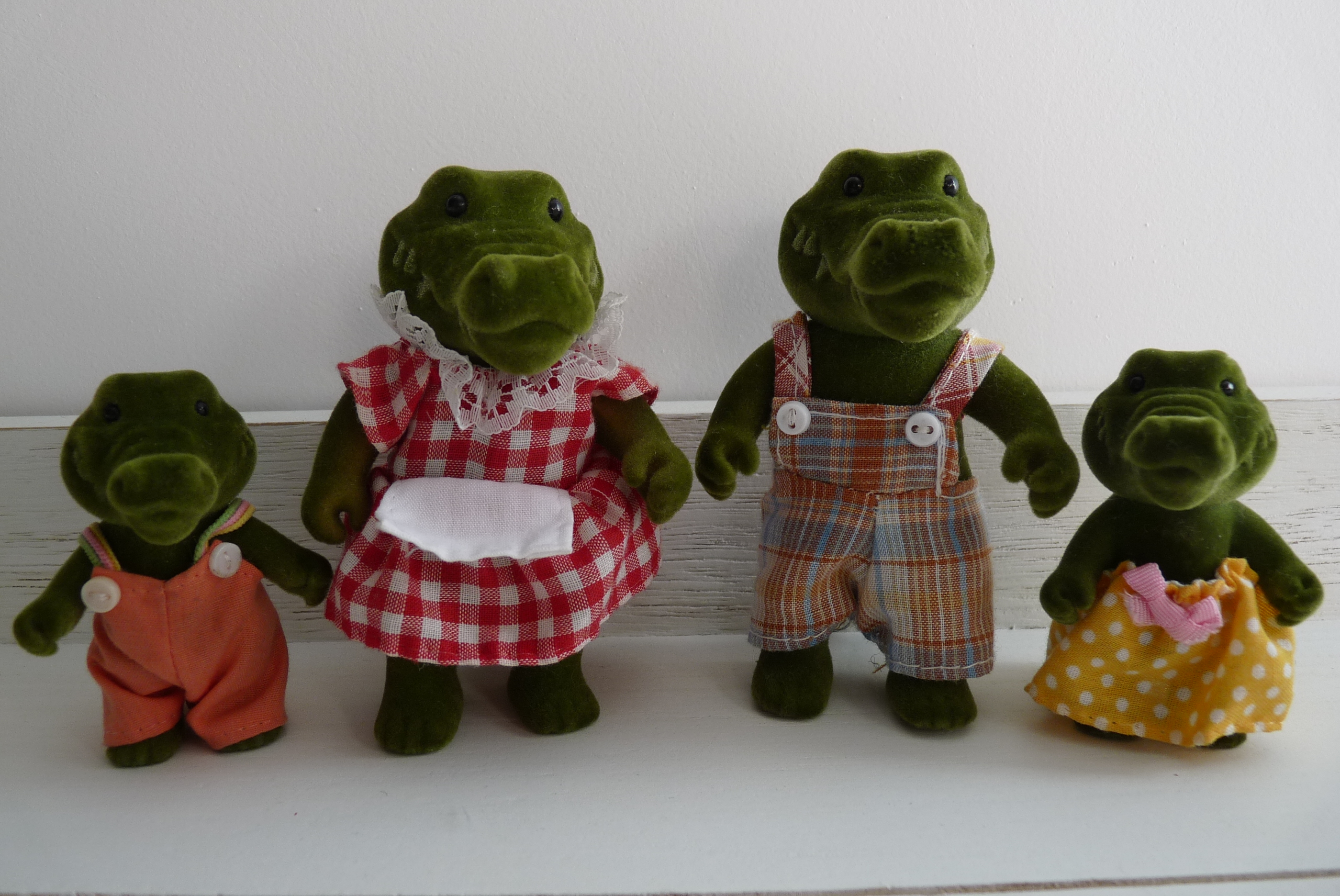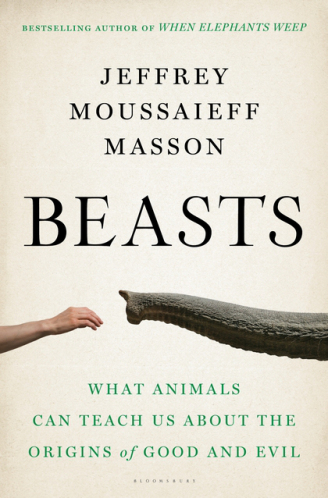Editor’s Note: Today’s post comes to you from Jeffrey Moussaieff Masson, bestselling author of nine books on the emotional lives of animals.
It is pretty common to hear the expression “crocodile tears” in reference to somebody who does not feel remorse — rather, using them as a false or insincere display of emotion. They feel, as the phrase suggests, nothing for their victim.
 The phrase began in Shakespearean times, with one prominent example given in Act IV of Othello:
The phrase began in Shakespearean times, with one prominent example given in Act IV of Othello:
“O devil, devil!
If that the Earth could teem with woman’s tears,
Each drop she falls would prove a crocodile.
Out of my sight!”
I bring this up because of an intriguing problem. Suppose you were asked to describe the “nature” of the crocodile. Do they feel empathy? Do they feel emotional stress or pain? How do they relate with others in their species? Most would describe them as solitary predators. But what is this image based upon: documentaries where we only see their vicious feeding frenzies?
Have you ever given thought to what these creatures might be like when they aren’t on the hunt and are among their own kind?
 The image of “crocodile tears” comes from the belief that the crocodile is so remorseless an animal that for him to weep over a victim is pure hypocrisy. It is a nice conceit. Of course, while all 23 members of the crocodile family (including alligators, caimans, muggers, and gharials) have tear glands, they are only used for physiological reasons. For example, they’re used to moistening their eyes when they are on dry land — not for emotional reasons.
The image of “crocodile tears” comes from the belief that the crocodile is so remorseless an animal that for him to weep over a victim is pure hypocrisy. It is a nice conceit. Of course, while all 23 members of the crocodile family (including alligators, caimans, muggers, and gharials) have tear glands, they are only used for physiological reasons. For example, they’re used to moistening their eyes when they are on dry land — not for emotional reasons.
Crocodiles do not, in fact weep over their victims. They don’t weep at all for emotional reasons. However, as far as we know, no animals aside from Homo sapiens weep from sadness, remorse or grief.
But that’s not to say other animals cannot feel sadness, remorse or grief — only that they don’t express these feelings by weeping tears any more than we express happiness by purring or wagging a tail.
 Crocodiles are very vocal animals. Their social lives begins before hatching with communications occurring from egg to egg. Moreover, hatchlings have a distinct distress call, which not only brings the mother to help, but also other crocodiles in the vicinity. The adults, therefore, want to protect the babies — any babies.
Crocodiles are very vocal animals. Their social lives begins before hatching with communications occurring from egg to egg. Moreover, hatchlings have a distinct distress call, which not only brings the mother to help, but also other crocodiles in the vicinity. The adults, therefore, want to protect the babies — any babies.
Sounds to me like empathy. Empathy in a crocodile? Try saying that to the cast of Swamp People.
 What we know, for sure, is that we only know tiny fraction of what there is to know. This is true, of course, of many animals, but takes on particular importance in an animal which looms so large in our imaginations.
What we know, for sure, is that we only know tiny fraction of what there is to know. This is true, of course, of many animals, but takes on particular importance in an animal which looms so large in our imaginations.
If you’d like to hear more about challenging our perceptions on the emotional state of animals be sure to stop by on Sat., Mar. 13 for our distinguished lecture series featuring author Jeffrey Moussaieff Masson!
 HMNS Distinguished Lecture
HMNS Distinguished Lecture
Beasts: The Origins of Good and Evil
Jeffrey Moussaiff Masson, Ph.D.
Thursday, March 13, 6:30 p.m.
Tickets $18, HMNS Members $12
Houston Museum of Natural Science, Wortham Giant Screen Theatre
Delve deep into the unexplored territory of animal emotions in an illuminating account of the relationship between humans, animals and our perception of violence. Explore human emotions through animal behavior—the way dogs love, cats practice independence, and elephants grieve for their dead—and examine the difference between the unchecked aggression and the predatory behavior that separates humans from animals. Following the lecture Dr. Jeffry Moussaiff Masson will be signing copies of his new book Beasts: What Animals Can Teach Us About the Origins of Good and Evil.
 About the Speaker:
About the Speaker:
Jeffrey Moussaieff Masson is the bestselling author of nine books on the emotional life of animals. His book Dogs Never Lie About Love, has sold over 1 million copies worldwide. Jeff lives with his family in Auckland, New Zealand. His newest book is Beasts: What Animals Can Teach Us About the Origins of Good and Evil, where Masson looks at why humans have killed 200 million of their own kind in the 20th century alone, while orcas have killed not a single orca in the wild! He will be at the Houston Museum of Natural Science on Mar. 13 for a lecture and book signing.
For advance tickets, call 713-639-4629 or click here.


